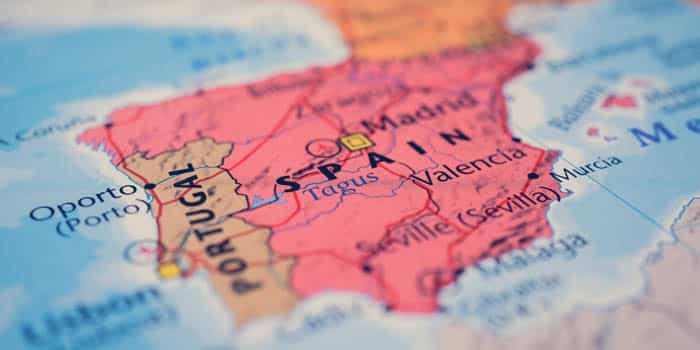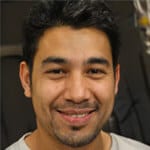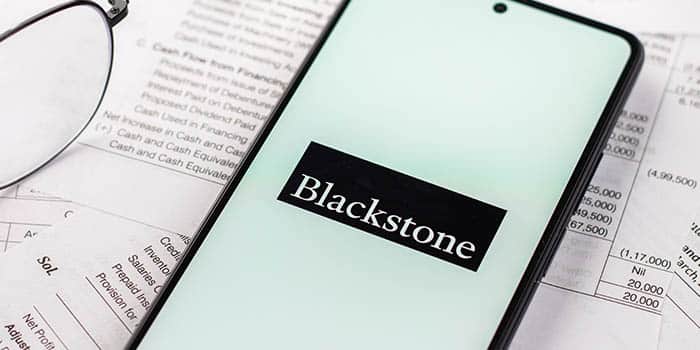- Casino
- By State
- Alabama
- Alaska
- Arizona
- Arkansas
- California
- Colorado
- Connecticut
- Delaware
- Georgia
- Florida
- Hawaii
- Idaho
- Illinois
- Indiana
- Iowa
- Kansas
- Kentucky
- Louisiana
- Maine
- Massachusetts
- Maryland
- Michigan
- Minnesota
- Mississippi
- Missouri
- Montana
- Nebraska
- Nevada
- New Hampshire
- New Jersey
- New Mexico
- New York
- North Carolina
- North Dakota
- Ohio
- Oklahoma
- Oregon
- Pennsylvania
- Rhode Island
- South Carolina
- South Dakota
- Tennessee
- Texas
- Utah
- Vermont
- Virginia
- Washington
- West Virginia
- Wisconsin
- Wyoming
- By State
- Slots
- Poker
- Sports
- Esports
Spain Approves New Gambling Ad Restrictions

A new Royal Decree was approved yesterday by the Council of Ministers in Spain. The new decree rolls out stricter gambling advertising valid for TV, radio, YouTube videos, and social media. The enhanced restrictions are aiming at reducing gambling-related harm and decreasing the exposure of the younger population to gambling content.
Enhanced Gambling Ad Restrictions Effective in Spain from November 3
Spain’s Council of Ministers approved a new Royal Decree on gambling advertising on Tuesday this week. The new decree implements strict rules on gambling advertising aiming at reducing the exposure of gambling on the younger population. Under the decree, gambling sponsorship is banned. Last week, the Minister of Consumer Affairs Alberto Garzon revealed that the existing partnerships will be allowed to remain in effect until the end of the football season.
The new regulations bring restriction to gambling advertising on TV, radio and even YouTube videos for the hours of 1 am to 5 am. Furthermore, advertising via social media is only allowed for followers of the operator that is advertising. With that in mind, the new gambling ad restrictions do not apply for the state lotteries Organización Nacional de Ciegos Españoles (ONCE) and Sociedad Estatal Loterías y Apuestas del Estado (SELAE).
The new decree also restricts the welcome bonus to a one-time offer up to €100. Furthermore, operators are prohibited to offer additional bonuses with the only exception to contact individual customers with verified accounts for exclusive offers. Under the new rules, former or current athletes will not be able to participate in gambling promotions or ads. Besides, to safeguard the younger population, specialized filters must be used for online gambling advertising.
Will the New Restrictions Lead to Growth of the Black Market?
The enhanced gambling ad restrictions were announced in February this year. Back then, government officials were trying to reduce as much as 80% of the online gambling advertising. In April, Spain rolled out Royal Decree article 37,11/2020 which limited the gambling messages and ads during the pandemic lockdown period. After that, in July, the restrictions were updated and the European Commission was notified of the measures which the country plans to implement aiming at reducing gambling harm.
The gaming industry in Spain expressed its concerns about the ramped-up measures. According to the Spanish online gambling industry association, Jdigital, which represents more than 80% of the licensed operators in the country, the new restrictions may lead to the growth of the black gambling market.
The association deemed the new measures extreme and compared them to the prohibition of gambling advertising. Jdigital said that no evidence was provided to back up the need for stricter gambling ad regulation. Furthermore, the association pointed out that even Garzon, who introduced the crackdown on gambling advertising wasn’t able to reveal evidence about the need for such strict measures.
Another point which Jdigital raised is that Spain holds one of the lowest percentages of problem gambling in Europe – 0.3%. This number was confirmed by a study released back in October by the University Carlos III of Madrid (UC3M). Moreover, the study outlined that although 84.9% of the population in Spain participates in gambling activities, the problem gambling rate reached only 0.3% which is extremely low.
Related Topics:
Jerome brings a wealth of journalistic experience within the iGaming sector. His interest in the industry began after graduating from college, where he regularly participated in local poker tournaments. This exposure led him to the growing popularity of online poker and casino rooms. Jerome now channels all the knowledge he's accrued to fuel his passion for journalism, providing our team with the latest scoops online.
Must Read
Legal
July 7, 2025
Former SkyCity Executives Sued Over AUSTRAC Penalty
More Articles






Casino
July 10, 2025
Cirsa Shares Hold Steady in Lukewarm Spanish IPO Debut

Industry
July 2, 2025
Cirsa’s IPO to Seek Valuation of Almost $3B

Industry
June 26, 2025
Spain’s Gambling Ad Ban Cuts New Accounts by 55%

Industry
February 11, 2025
DGOJ Welcomed Spanish Operators and Regulators in Latest AML Meeting

Casino
February 7, 2025
Royal Caribbean Drops Wine Bar in Favor of Non-Smoking Casino









